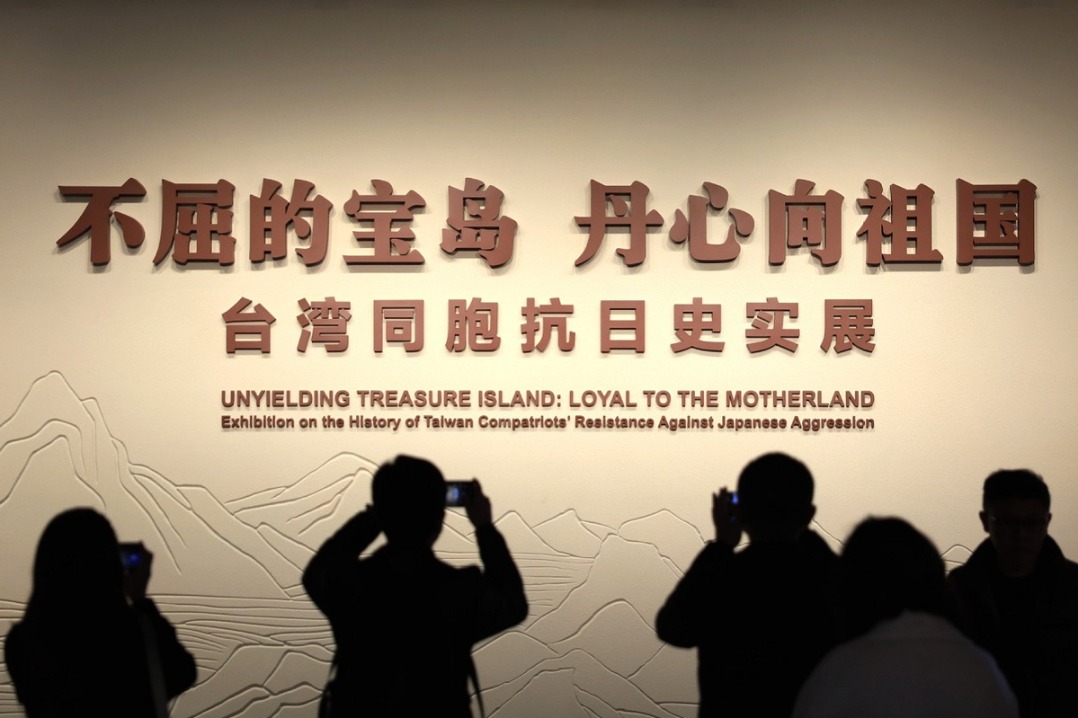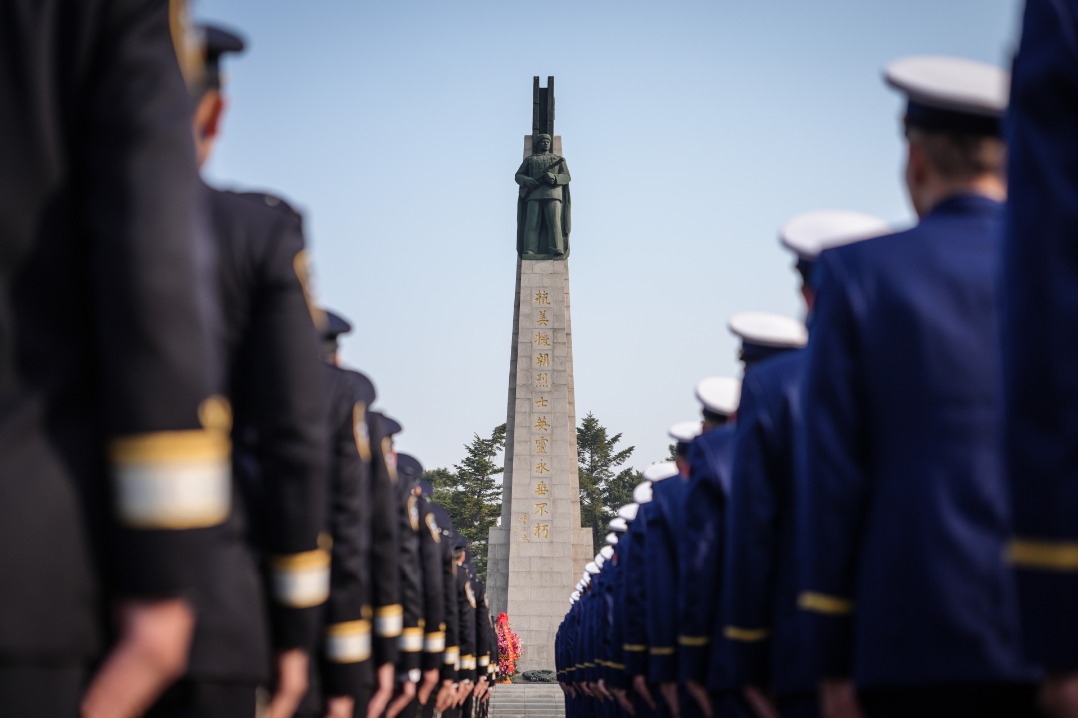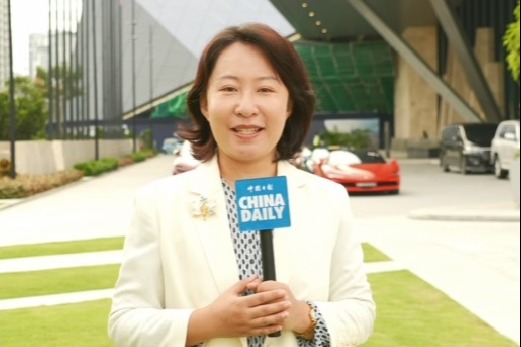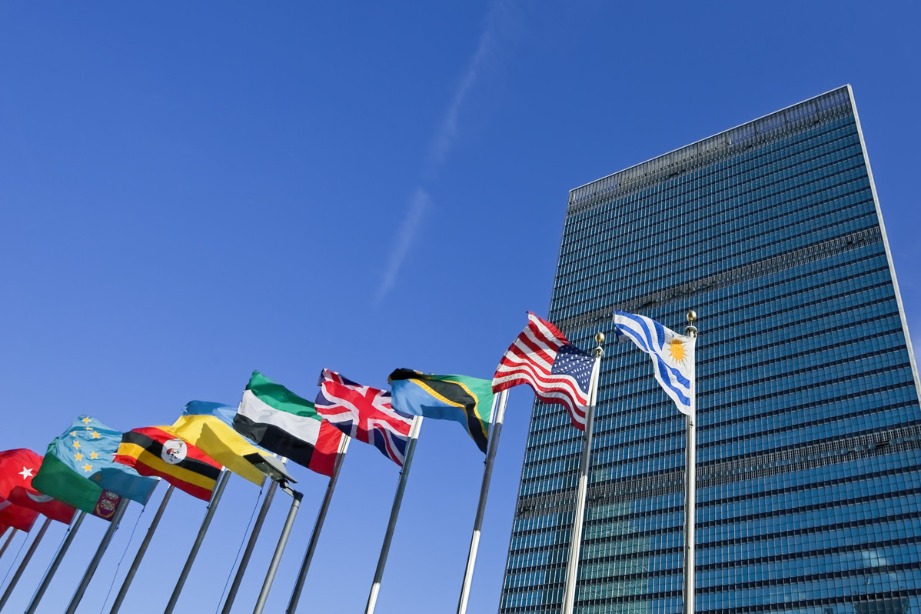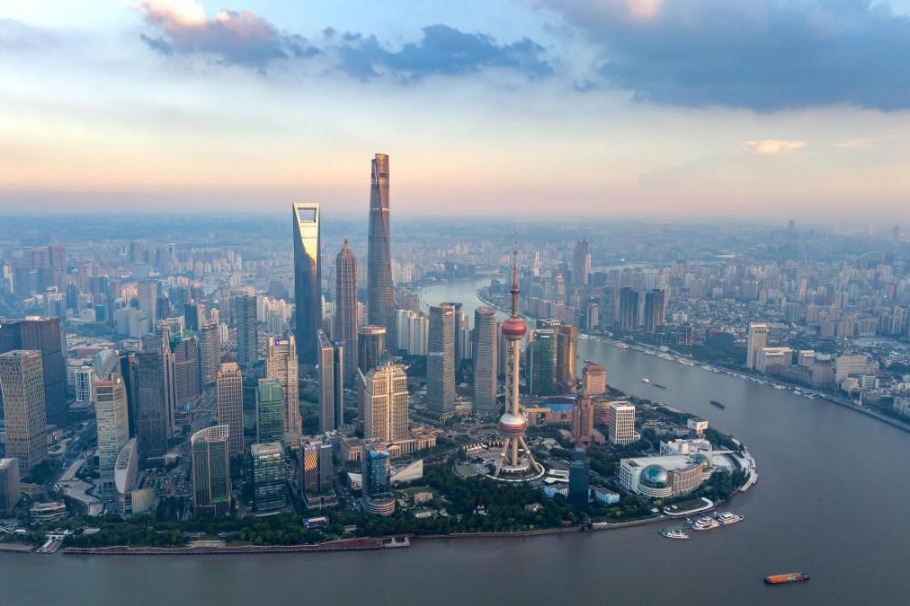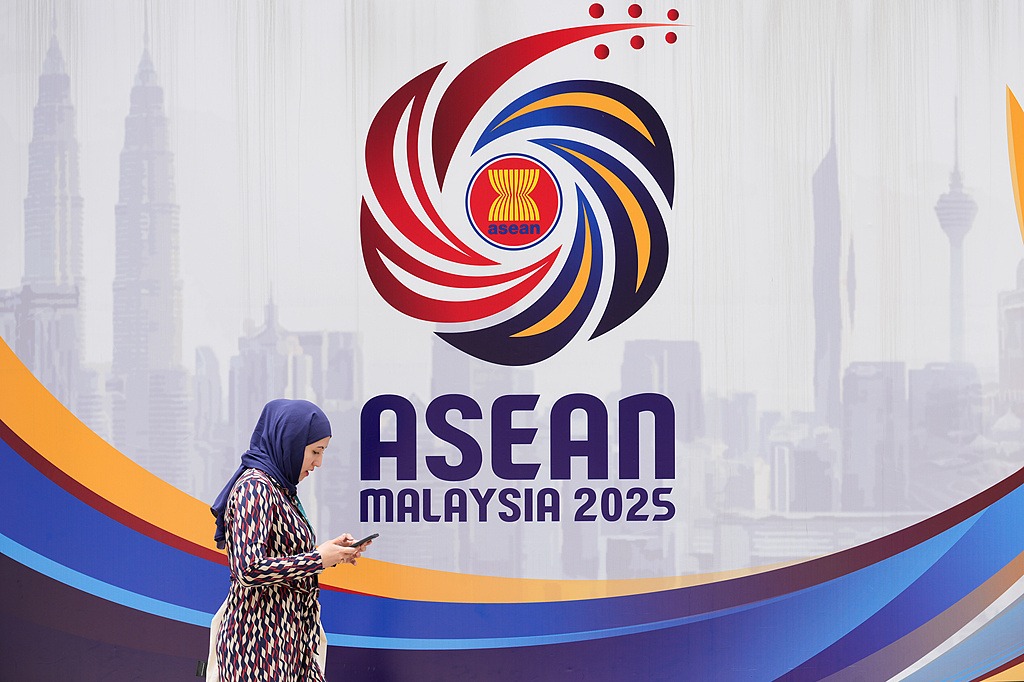Progress Towards Cambodia-Thailand Peace: Not a Political Showcase

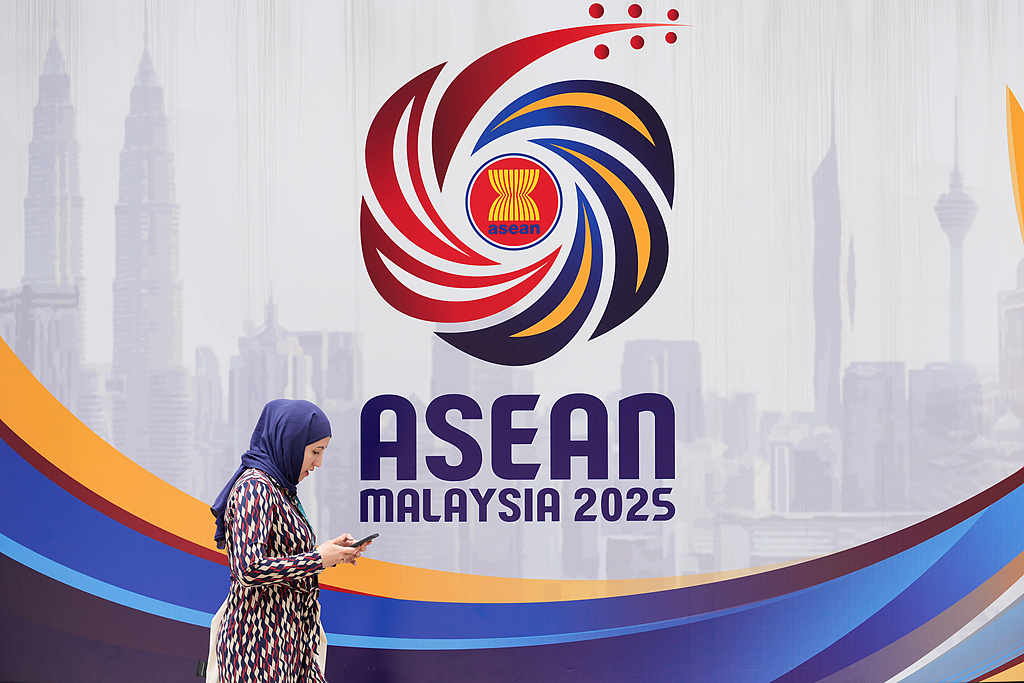
The international political stage is never short of dramatic scenes, but it is still disturbing if someone attempts to turn a serious agenda concerning regional peace into a political show. At the end of October, Malaysia, the rotating chair of ASEAN, will host a string of leaders' meetings on East Asia Cooperation. According to a report by China's "Observer" on October 7th, on October 6th local time, POLITICO of America quoted three anonymous informed sources as saying that the White House believes, whether Trump will attend the ASEAN Summit (October 26th-28th), depends on whether the Malaysian government agrees to allow Trump to preside over a ceremony during the summit for Cambodia and Thailand to sign a peace deal. According to informed sources, the White House even pressured the summit organizers to "exclude Chinese officials from that ceremony". It is reported that the White House intends to ensure that Trump is the focus and downplay China's efforts in mediating the dispute between Thailand and Cambodia. But POLITICO reported that, the White House denied that Trump would link his attendance at the ASEAN Summit to the signing ceremony of the peace agreement. "The president is indeed promoting the peace deal, but it has not been listed as a condition for attending the summit", a senior US government official who spoke anonymously due to the sensitive topic said. Cambodian media reported on October 18th that during the ASEAN Summit this month, the leaders of Cambodia and Thailand will sign a peace deal, and Trump and Malaysian Prime Minister Anwar will be witnesses.
It is hard to know what is the real situation behind these chaotic news. However, this still caused a huge stir in the international community. There is no smoke without fire. Whether the above-mentioned news is true or not, to some extent, it is related to the persistent pursuit of the Nobel Peace Prize by the US leaders. From the Korean Peninsula to the Middle East and now to Southeast Asia, their diplomatic moves are often promotional. Recently, the US foreign policy has increasingly shown a "transactional" and "performative" tendency. What is more worthy of deep consideration is the underlying motivation: Why would a major power far from Southeast Asia show such a strong "dominant interest" in the peace process between the two ASEAN member states?
Peace is not a reality show, and the peace process is by no means a political cash machine. The practice of transforming Cambodian and Thai people's yearning for peace into the pursuit of political capital is not only a misunderstanding of the essence of the peace cause but also a disrespect to the regional countries' ability to resolve disputes independently. True peace-building is a long-term process that nourishes things imperceptibly, rather than a momentary glory under the spotlight. Historical experience shows that true peace promoters often strive to build inclusive platforms rather than delineate exclusive circles. Holding up the tariff stick to force the conflicting parties to sit together to sign a peace deal,turning the signing ceremony into a political show, not only fails to help eradicate the conflict, but may also plant hidden dangers for regional stability in the future.
Recently, US officials have repeatedly publicized the "achievements" of Trump himself and the United States in promoting the ceasefire between Cambodia and Thailand, seemingly attempting to steal the thunder of ASEAN and China. In sharp contrast, ASEAN countries have demonstrated "Eastern wisdom" in regional affairs, while China has made low-key but persistent efforts both on and off the stage.
After more than half a century of development, ASEAN has formed a unique conflict mediation mechanism and regional governance model. Cambodia and Thailand are both member states of ASEAN. Their disputes essentially fall under the category of "internal affairs of the ASEAN family", and ASEAN should play a leading role in mediation. During the mediation process of the border conflict between the two countries, Malaysia and other ASEAN countries adhered to the "ASEAN Way"-- emphasizing the principles of consensus through consultation, non-interference and respect for national sovereignty. They facilitated negotiations between the two sides through quiet diplomacy: Under the chairmanship of Malaysian Prime Minister Anwar Ibrahim, Cambodia and Thailand held talks on July 28 and agreed to an "immediate and unconditional" ceasefire from 24:00 on the same day, ending the border conflict that had lasted for several days. In fact, over the past few months, ASEAN countries such as Malaysia have done a lot in facilitating the ceasefire between the two countries and striving for long-term peace. They, however, have not boast about their remarkable achievements. On the issue of peace between Cambodia and Thailand, the role of countries outside the region should be auxiliary and constructive, rather than overstepping their bounds or even taking the lead. If the US truly supports peace in Southeast Asia, it should respect the central position of ASEAN and support rather than undermine its leadership.
China is a responsible major country and a friendly partner of ASEAN countries. We sincerely hope that ASEAN will maintain peace and stability and sincerely support ASEAN's central position in the regional framework. The Global Security Initiative and the Global Governance Initiative proposed by Chinese President Xi Jinping, advocate that we adapt to the profoundly adjusted international landscape with a spirit of unity and address the complex and intertwined security challenges with a win-win mindset. The aim is to eliminate the root causes of international conflicts, build a more just and reasonable global governance system, and encourage the international community to jointly inject more stability and certainty into an era of turbulence and change, so as to achieve lasting world peace and development. This is inherently in line with the "ASEAN Way" advocated by ASEAN, which is consensus-building and takes into account the comfort of all parties. In promoting peace between Cambodia and Thailand, China has always supported ASEAN in playing a leading role, actively promoting peace talks both on and off the stage, neither stealing the show nor shirking responsibility. China's efforts have been highly appreciated by ASEAN countries such as Cambodia, Thailand and Malaysia.
The realization of a lasting peace between Cambodia and Thailand does not merely require the signing of a peace agreement, but also lies in the implementation, supervision of the agreement and the establishment of a long-term peace mechanism. These tasks require persistent commitment and the collective wisdom of regional countries, rather than a carefully planned political performance. Simplifying complex geopolitics, historical grievances and current interest entanglements into an agreement and a signing ceremony is a typical case of treating the symptoms instead of the root cause. What regional countries need is sustainable peace, not merely "showy and fast food-style" solutions to meet the political demands of certain countries.
In conclusion, the conflict resolution model based on mutual respect and equal consultation, deeply rooted in Asian cultural traditions, is more in line with the common expectations of regional countries. The initiative of the peace process should be firmly held in the hands of Cambodia and Thailand themselves. If countries outside the region sincerely wish to contribute to regional peace, they should respect the autonomous choices of regional countries and offer constructive assistance with a humble attitude instead of intervening in a savior's manner.
Looking ahead, for Cambodia, Thailand and the entire Southeast Asia to truly move towards a bright future of lasting peace and common prosperity, it depends on all countries jointly respecting the subjectivity of regional countries, upholding the regional cooperation framework centered on ASEAN, adhering to open and inclusive regionalism, discarding zero-sum thinking, insisting on mutual benefit and win-win results, and resisting any form of geopolitical manipulation. As a responsible major country, China will continue to work with ASEAN countries to promote the establishment of a more just, reasonable, inclusive and beneficial regional security system, so that peace can truly become a common well-being for people of all countries.
The author is an international affairs observer.
The views don't necessarily reflect those of China Daily.
If you have a specific expertise, or would like to share your thought about our stories, then send us your writings at opinion@chinadaily.com.cn, and comment@chinadaily.com.cn.
















